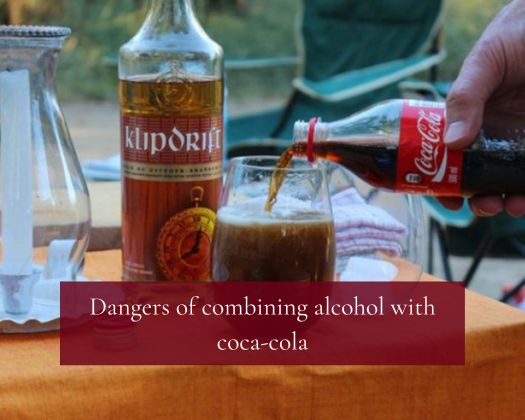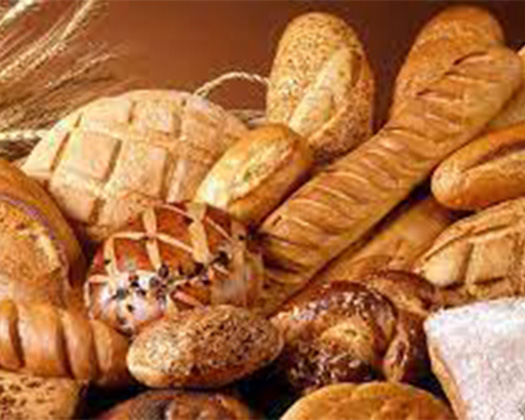Navigating the Hazards: The Dangers of Combining Alcohol with Coca-Cola
Introduction:
In the realm of social drinking, the combination of alcohol and soft drinks is a common sight. Among these pairings, the classic mix of alcohol with Coca-Cola holds a prominent place. While the effervescence of cola and the kick of alcohol may seem like a delightful concoction, it's essential to understand the potential dangers that lurk beneath the surface. This article delves into the risks associated with combining alcohol and Coca-Cola, shedding light on the impact it can have on physical health and overall well-being.
Increased Alcohol Absorption:
One of the primary concerns of mixing alcohol with Coca-Cola is the potential acceleration of alcohol absorption. The caffeine present in cola beverages acts as a stimulant, temporarily warding off the feeling of intoxication. This can lead individuals to underestimate their level of inebriation, increasing the risk of alcohol-related accidents and impaired judgement.
Dehydration:
Both alcohol and caffeine possess diuretic properties, meaning they contribute to increased urine production and, subsequently, dehydration. When combined, these effects can amplify, potentially leading to severe dehydration. Dehydration can result in dizziness, headaches, and fatigue, intensifying the overall negative impact on health.
Masking Alcohol's Depressant Effects:
Coca-Cola's stimulating properties can mask some of the depressant effects of alcohol. This may lead individuals to consume more alcohol than they would if they were drinking it alone. As a result, the risk of alcohol poisoning and other alcohol-related complications becomes significantly higher.
Gastrointestinal Discomfort:
The combination of carbonated beverages like Coca-Cola with alcohol can contribute to gastrointestinal discomfort. The carbonation may exacerbate issues such as acid reflux, bloating, and indigestion, creating an unpleasant and potentially harmful experience for individuals, particularly those with pre-existing digestive conditions.
Increased Heart Rate and Blood Pressure:
Caffeine, found in Coca-Cola, is known to elevate heart rate and blood pressure. When coupled with the effects of alcohol, which can also impact cardiovascular function, the combination may pose risks for individuals with heart-related conditions. This heightened physiological response can lead to cardiovascular complications, especially in those predisposed to such issues.
Sleep Disturbances:
The stimulating effects of caffeine can interfere with sleep patterns. Consuming alcohol with Coca-Cola, especially in the evening, may contribute to disrupted sleep and impaired sleep quality. Sleep disturbances can have cascading effects on mental and physical health, affecting mood, cognitive function, and overall well-being.
Conclusion:
While the pairing of alcohol with Coca-Cola is deeply ingrained in social settings, it's crucial to recognize and navigate the potential dangers associated with this combination. From increased alcohol absorption to the masking of alcohol's depressant effects, the risks extend beyond the immediate enjoyment of a mixed drink. Responsible drinking, understanding personal limits, and being aware of the potential health implications are essential aspects of ensuring a safer and more enjoyable drinking experience. As with any dietary or lifestyle choice, moderation and mindfulness are key when it comes to combining alcohol with Coca-Cola.









